Platforms for enhancing ecosystems for learning post Covid
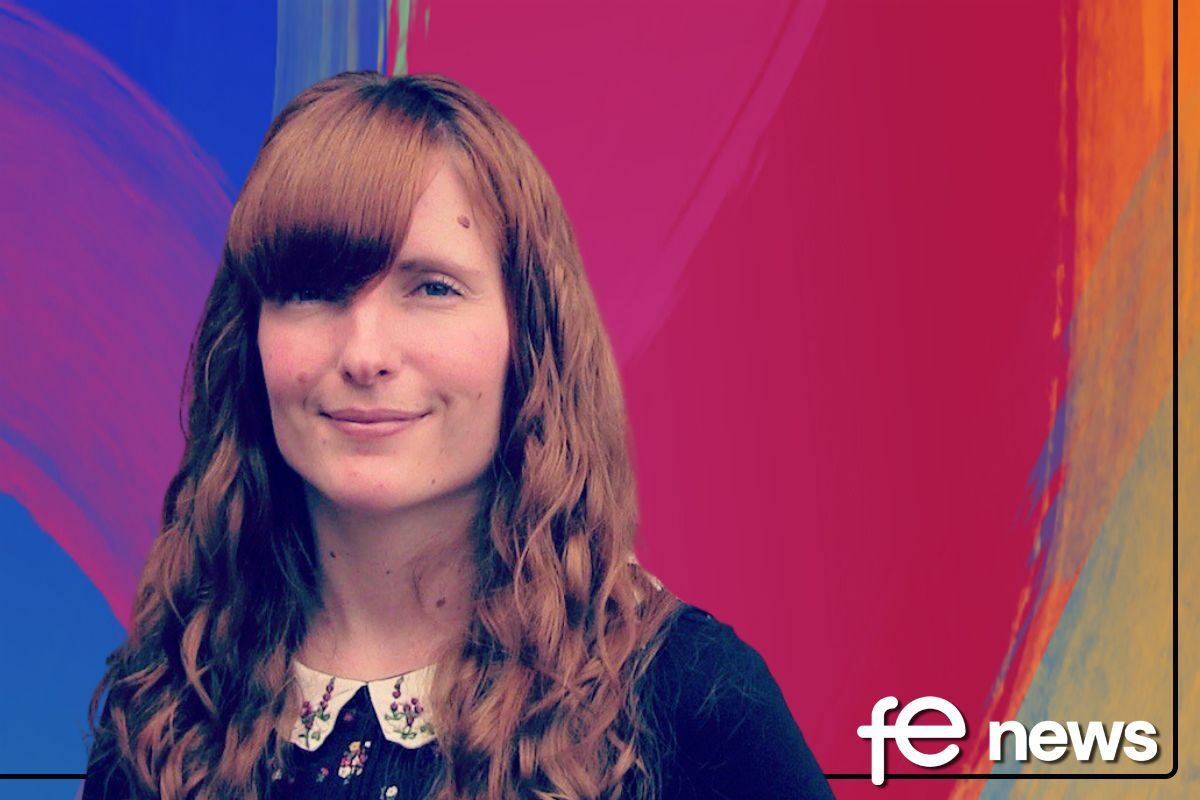
Education should prepare young people with a rich toolkit of knowledge, skills and know-how to be able to achieve their dreams and lead purposeful lives. This relies not just on formal educational institutions such as schools and colleges, but also on networks of broader experiences and influence through informal learning, extracurricular activities, peer networks, and learning online.
The growth of learning ecosystems – which bring together diverse combinations of providers (schools, cultural organisations, businesses, community organisations) to create new types of learning opportunities and pathways of value – can be seen as a response to the need to evolve our education systems. We are now moving from systems designed to academically educate a small number of individuals, to ones which value and incentivise a more expansive set of purposes and outcomes for young people. Ones which nurtures the head, hand and heart – and unlock opportunity for all.
Learning ecosystems are increasingly supported by platforms (both digital tools and physical spaces) which drive collaboration and innovation in education towards a more expansive set of outcomes. We have seen a proliferation in digital tools and technologies which enable hybrid learning, as well as significant growth in peer learning through social platforms and the creation of new online communities for professional learning and knowledge exchange. Many of these platforms have become embedded as a result of the social shifts caused by the pandemic response.
What kinds of platforms support learning ecosystems?
At WISE, we have been exploring how to develop a ‘platform’ in Qatar that brings together educators, learning organisations, businesses, and young people to connect and access opportunities. We are particularly interested in how platforms can support brokerage, provide space for innovation, and enable greater collaboration between different providers of learning to facilitate new learning experiences and pathways for learners.
From our research we’ve identified numerous different types of platforms – including both digital spaces and physical spaces – that are currently being used. This includes, for example, online portals and digital apps that:
- connect people to learning or training resources and courses
- support youth and community development
- support networking, collaboration and community-building between professionals and service providers
- connect people to events, activities and enrichment opportunities in their city, and create connections between users and service providers
It also includes physical spaces that:
- support collaborative innovation processes to address societal challenges
- support youth and community development
- provide a forum for collaboration, knowledge sharing and consensus building
What kinds of innovations are platforms unlocking?
Our 2021 report Developing local learning ecosystems in Qatar to advance equity, inclusion and social cohesion took a deep dive into some of the innovative practices and approaches that are already germinating from small-scale learning ecosystems in Qatar. We have seen how new platforms are enabling different kinds of innovations to emerge, often to address particular challenges or specific needs.
With the goal of mainstreaming arts education, Qatar Museums Authority has created an Academic Committee and a platform for public school teachers to access, adapt and create lesson plans that leverage Qatar-based museums’ resources. As part of the Qatar Foundation MultiverCity vision, a skills passport is being developed to help align the skills and competencies developed in high school to the requirements of higher education and industry, whilst enabling young people to develop vital transferable skills. Meanwhile, to help increase visibility and access to the plethora of learning opportunities available across Education City, a mobile app has been launched as a centralised information space through which activities are promoted and booked.
These kinds of innovations are promoting a more expansive set of outcomes for learners, and allowing educators to collaborate and explore new approaches to teaching, learning and assessment together.
Looking ahead
Qatar has a multitude of forums, portals and platforms which could be harnessed to support the growth of learning ecosystems. The next phase of our work will focus on how these can be best used to 1) communicate opportunities for learning and collaboration, 2) incentivise the uptake of opportunities, and 3) support implementation of opportunities, for example helping teachers integrate out-of-school learning experiences into the curriculum.
A learning ecosystem platform which blends digital and physical infrastructure could help to further codify all of the assets across the system – and enable the system, in its entirety, to better prepare young people growing up in today’s world for their futures.
Rosie Clayton is an education specialist working on leading projects and initiatives spanning education, skills, technology, and lifelong learning. Her work bridges policy and practice, systems thinking and social change, and she is a Co-Founder of the Weaving Lab which is developing global expertise in the field of learning ecosystems.
In addition to her current role as a Research Fellow with WISE, Rosie is working on Rethinking Assessment, and the Fusion Cities initiative led by the City of London. She was previously an Associate Director at the Royal Society of Arts, Manufacturers and Commerce leading the Cities of Learning programme the UK. In 2016, Rosie was also awarded a Churchill Fellowship to develop the concept and practice of innovation ecosystems in education in the USA.

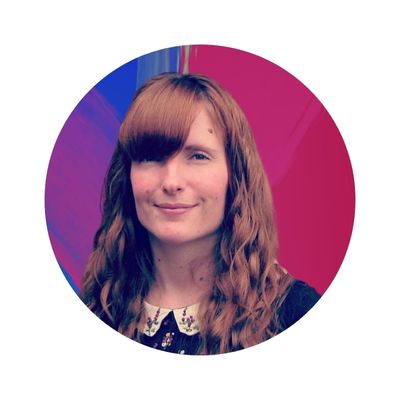


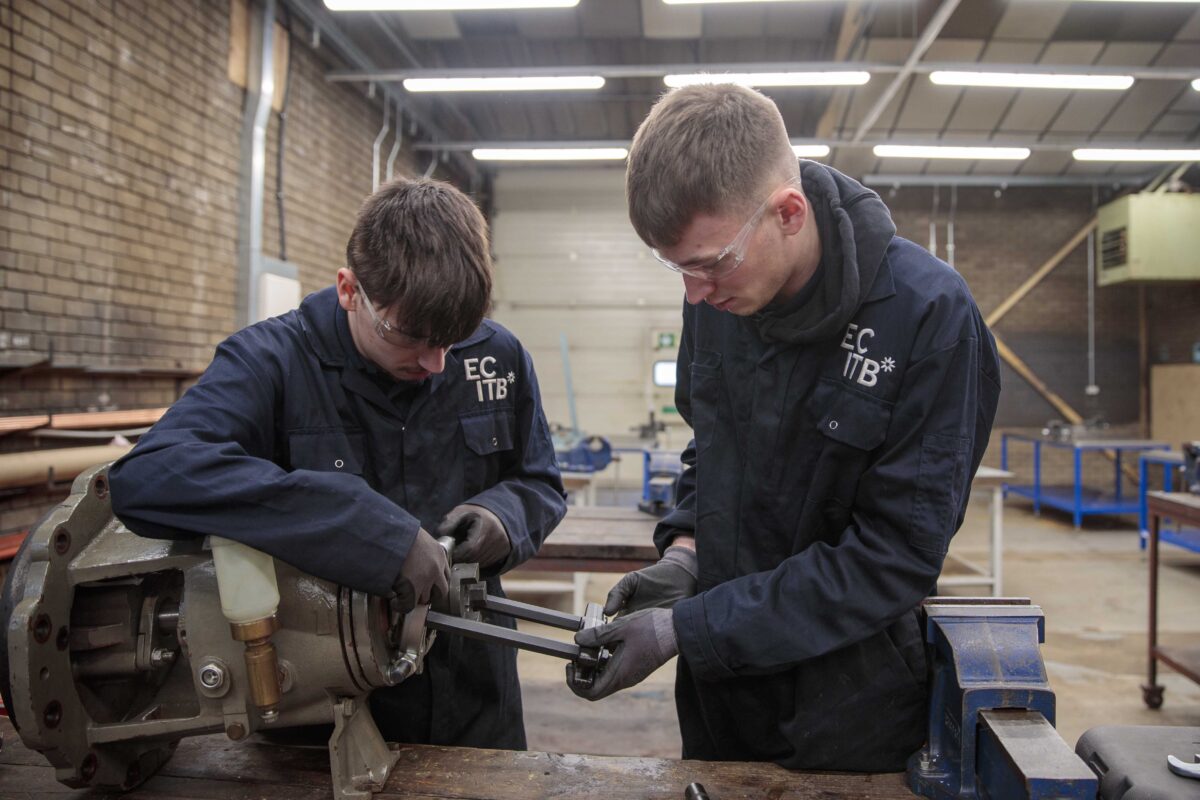
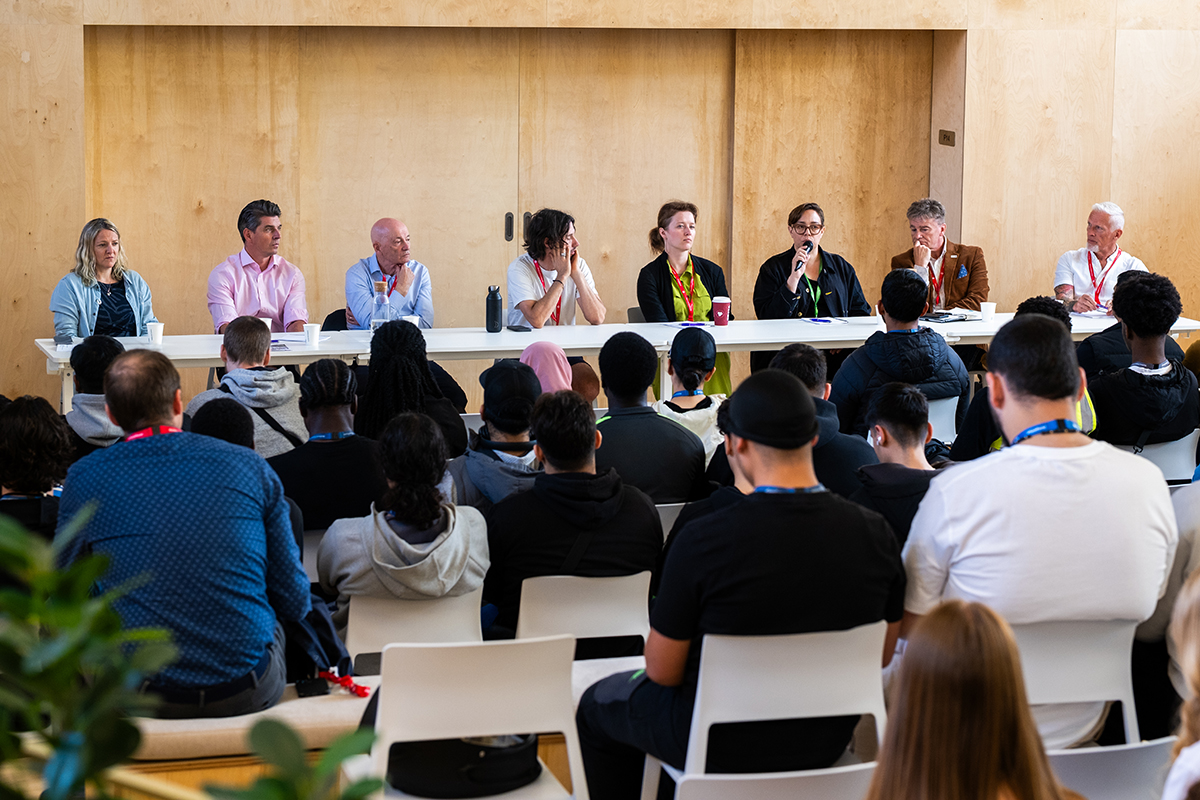


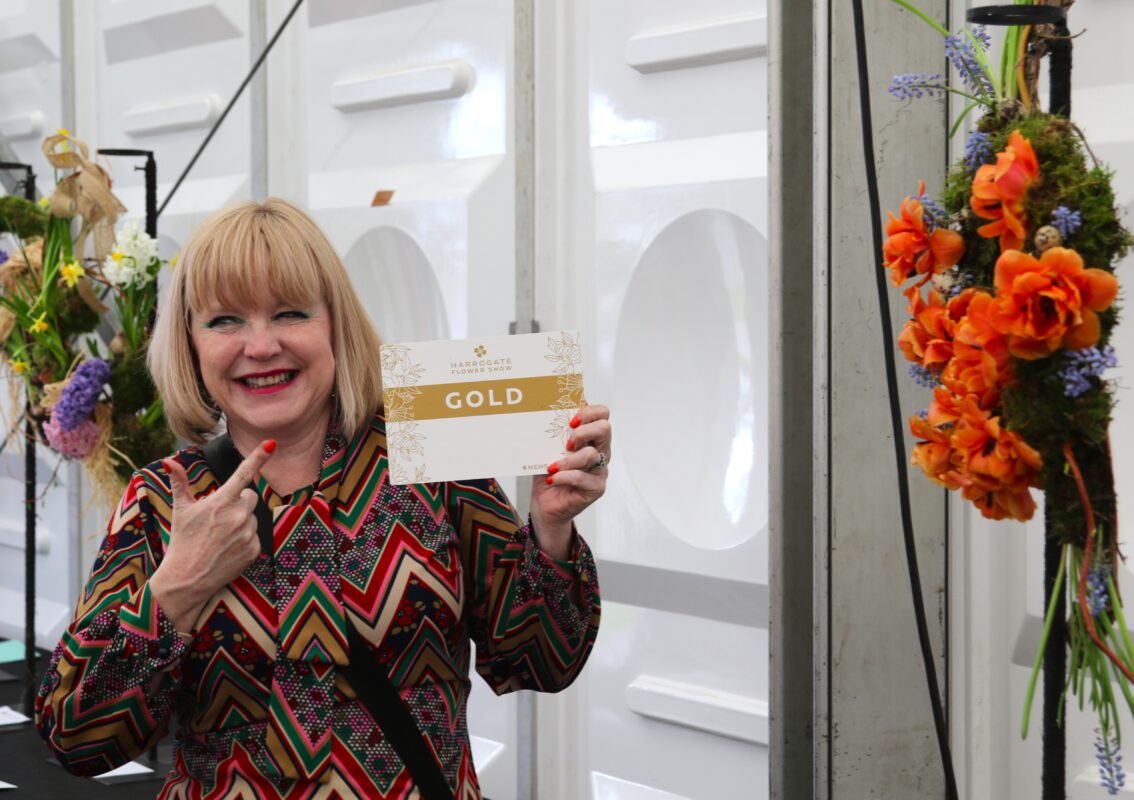
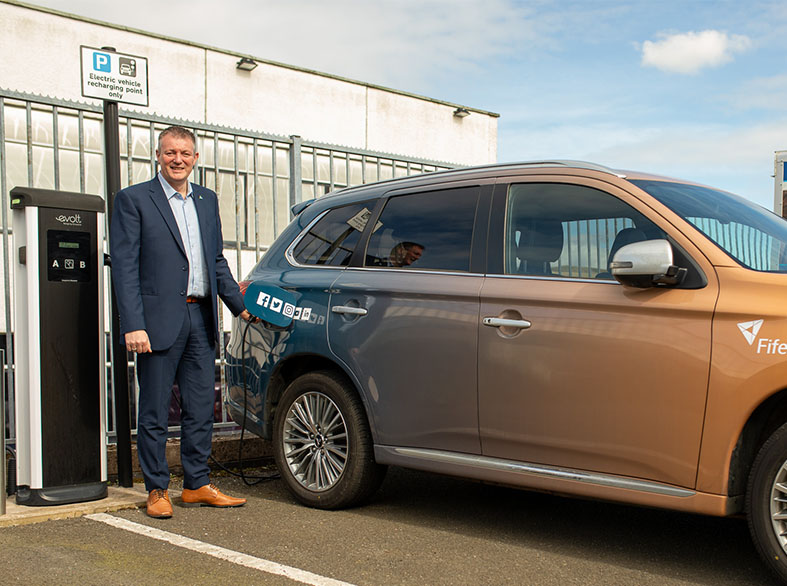

Responses